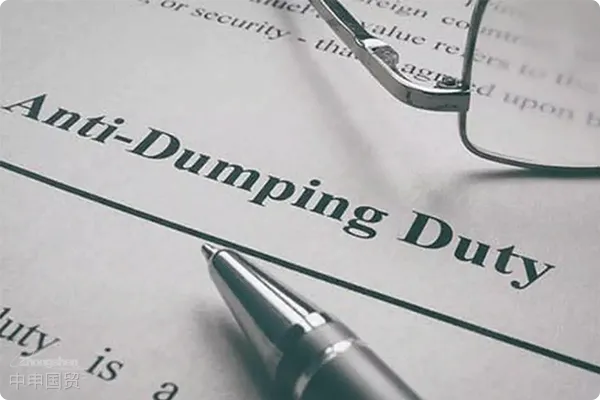- Shanghai Zhongshen International Trade Co., Ltd. - Two decades of trade agency expertise.
- Service Hotline: 139 1787 2118
Recently, the Indian government has implemented a series of anti-dumping and safeguard measures on various chemical products from mainland China, Saudi Arabia, Taiwan (China), and other countries and regions. These measures include imposing anti-dumping duties or import quantity restrictions on pentaerythritol, PVC paste resin, trichloroisocyanuric acid, and low-ash metallurgical coke, aiming to protect the domestic chemical industry from the impact of cheap imports.

Pentaerythritol: 5-Year Anti-Dumping Duty
On May 16, the Indian Ministry of Finances Revenue Department issued a notice accepting the final anti-dumping ruling recommendation by the Indian Ministry of Commerce and Industry on pentaerythritol originating in or imported from mainland China, Saudi Arabia, and Taiwan (China). According to the decision, India will impose a 5-year anti-dumping duty on pentaerythritol products from these regions, with specific rates as follows:
(1) Mainland China: USD 345.15/ton
(2) Saudi Arabia: USD 300.15/ton
(3) Taiwan (China): USD 499.01/ton
The measure takes effect from the date of publication in the official gazette. This decision aims to address the damage caused by low-priced pentaerythritol imports to Indian domestic producers and ensure stable development of the local industry.
PVC Paste Resin: Provisional Anti-Dumping Duty
Recently, the Indian Ministry of Commerce and Industry issued an announcement on the preliminary anti-dumping ruling for PVC paste resin originating in or imported from mainland China, South Korea, Malaysia, Norway, Thailand, and Taiwan (China). Based on the preliminary ruling, India has recommended imposing provisional anti-dumping duties on related products from these regions, with duties for Chinese products ranging from USD 115–600/ton. This measure aims to prevent low-priced PVC paste resin from these regions from disrupting the Indian market and harming local producers economic interests.
Trichloroisocyanuric Acid: Provisional Anti-Dumping Duty
In another recent announcement, the Indian Ministry of Commerce and Industry issued a preliminary anti-dumping ruling on trichloroisocyanuric acid originating in or imported from China and Japan. Based on the ruling, India has recommended provisional anti-dumping duties on related products from these two countries, with specific rates as follows:
(1) China: USD 650–870/ton
(2) Japan: USD 170/ton
Trichloroisocyanuric acid is widely used for disinfection and bleaching, and low-priced imports have severely impacted Indian domestic producers. The provisional anti-dumping duties will help Indian producers maintain market share and price stability.
Low-Ash Metallurgical Coke: 1-Year Safeguard Measure
Additionally, the Indian Ministry of Commerce and Industry issued a final safeguard measure ruling on imported low-ash metallurgical coke, deciding to impose a 1-year import quantity restriction on the product. This measure primarily targets 157,292 tons of products from China. The safeguard measure aims to limit the import of low-priced metallurgical coke to protect the competitiveness and production capacity of Indias domestic coke industry.
Background and Impact of Anti-Dumping and Safeguard Measures
Indias recent series of anti-dumping and safeguard measures on imported chemical products reflect its increasing efforts to protect the domestic chemical industry. The implementation of anti-dumping duties and safeguard measures helps shield domestic industries from the impact of low-priced imports and ensures fair competition for local enterprises. However, these measures may also provoke dissatisfaction from related countries and regions, affecting international trade relations.
As one of the worlds major producers of chemical products, China may raise objections to Indias series of anti-dumping and safeguard measures. Chinese enterprises might consider adjusting export strategies, exploring other markets, or engaging in consultations with the Indian government to seek solutions.
Meanwhile, Indias domestic chemical industry will benefit from these protective measures and may experience a period of relatively stable growth. However, in the long run, whether protectionist policies can truly enhance the competitiveness of Indias chemical industry remains to be seen.
Related Recommendations
? 2025. All Rights Reserved. 滬ICP備2023007705號-2  PSB Record: Shanghai No.31011502009912
PSB Record: Shanghai No.31011502009912









